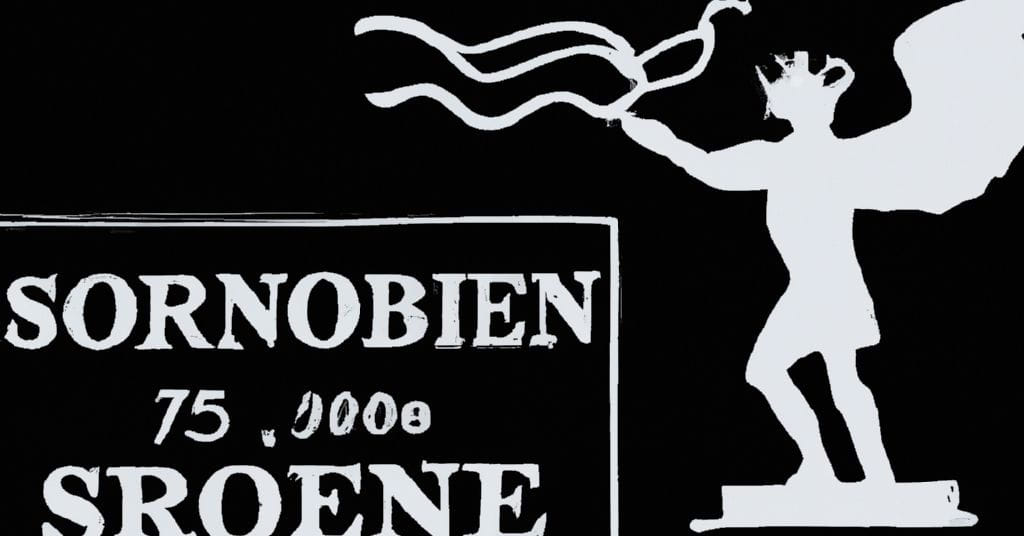 The late 1960s, especially around the May 1968 events in France, were ripe with unusual anecdotes.
The late 1960s, especially around the May 1968 events in France, were ripe with unusual anecdotes.
Anecdotes of 1968 #
There was a funny anecdote about Derrida’s lecture at Sorbonne in 1968, where one student had a strange request. Does it ring the bell? #
Yes, it does ring a bell. The anecdote you’re referring to involves the famous French philosopher Jacques Derrida. During a lecture at the Sorbonne in 1968, which was a turbulent year in France due to the widespread student and worker protests, Derrida was approached by a student who made a rather unusual and humorous request. The student asked Derrida to autograph his train ticket instead of a book or a piece of paper, which was the more conventional medium for a philosopher’s autograph.
This incident is often recounted to illustrate the unusual and sometimes absurdist climate of the time, with students challenging the norms and authorities in every possible way, including the nature of intellectual celebrity. Derrida’s work itself, often focused on deconstructing the accepted norms and questioning the established structures of thought, might have resonated with the student’s nonconformist gesture.
Wasn’t there a request by another student to perform a sexual act with the lecturer in the name of praxis, or that other anecedote was just an urban legend? #
The anecdote you’re referring to is indeed another well-known story, although its veracity is not clear and it could very well be apocryphal or an urban legend. The story goes that during the period of intense student activism in France, particularly around the events of May 1968, a female student stood up during one of Derrida’s lectures and asked if she could perform a sexual act with him, arguing that it should be considered a form of political “praxis” – a term used in Marxist theory to refer to the application of theory to practice.
This story is often told to illustrate the radical climate of the era, where traditional boundaries and behaviors were being challenged, and the lines between personal, political, academic, and other forms of action were being blurred. Whether true or not, the tale captures the spirit of a time when student protests were not just about changing politics, but also about radically altering societal norms and conventions.
It’s worth noting, however, that accounts from such turbulent times are frequently embellished, and it’s difficult to ascertain the truth of what happened without concrete evidence or firsthand accounts. In the case of anecdotes like this, they’re sometimes used to capture the ethos of an era rather than to report a literal truth.
Were there any other funny anecdotes from that time, true, or alleged? #
The late 1960s, especially around the May 1968 events in France, were ripe with unusual, provocative, and humorous anecdotes, some true, others exaggerated or apocryphal. This period was marked by a significant cultural shift, where traditional norms were being challenged, not just in politics, but in every aspect of social life, including academia. Here are a few anecdotes from that time:
Henri Langlois and the Cinémathèque Française: The dismissal of Henri Langlois, the head of the Cinémathèque Française, in February 1968, sparked protests that were a prelude to the larger May events. Langlois was a beloved and somewhat eccentric figure in the French film community. An anecdote often recounted was that Langlois rarely showed films in their entirety, instead projecting whatever reels he fancied. When the government tried to replace him with a more bureaucratic administration, filmmakers like François Truffaut and Jean-Luc Godard led the charge in his defense, leading to street protests. The government’s interference in the arts was seen as a spark that ignited broader unrest.
The Occupation of the Sorbonne: When the students occupied the Sorbonne, they declared it an “autonomous people’s university” and began to hold non-traditional classes and discussions, often turning academic rigor on its head with humorous results. There are numerous anecdotes of eccentric “courses,” impromptu performances, and radical debates that questioned the very foundation of academia.
Jean-Paul Sartre at the Barricades: The existentialist philosopher Jean-Paul Sartre, who was an established figure by the ’60s, is said to have given an impromptu speech at a student barricade. He reportedly stood on a barrel or a box near the Sorbonne and spoke in support of the student protests, symbolizing the crossover between intellectual thought and direct action. The image of Sartre at the barricades became a humorous symbol of how the intellectuals of the day were trying to keep up with the radical energy of the youth.
“Under the Cobblestones, the Beach”: One of the most famous slogans from May ‘68 was “Sous les pavés, la plage!” (“Under the cobblestones, the beach!”). This slogan captured the whimsical and subversive spirit of the protests. It referred to the practice of protesters tearing up cobblestones to throw at police or to erect barricades, only to find sand underneath—sand which, metaphorically, symbolized the liberation and joy they sought to achieve by upending the old order.
De Gaulle’s Disappearance: A more political than humorous anecdote is the brief disappearance of President Charles de Gaulle. At the height of the crisis, he left France for several hours without informing the public or many in his government of his whereabouts, leading to all sorts of wild speculation. It turned out he had gone to visit a French military base in Germany to ensure the loyalty of the army, but the secretive trip was seen by some as a moment of comic relief, as the seemingly unflappable de Gaulle appeared to be flapped after all.
While many of these anecdotes are humorous, they also reflect the serious and profound social upheaval of the time. The line between earnest political action and satirical performance was often blurred, creating a rich tapestry of events that have been recounted with both gravity and levity in the years since.